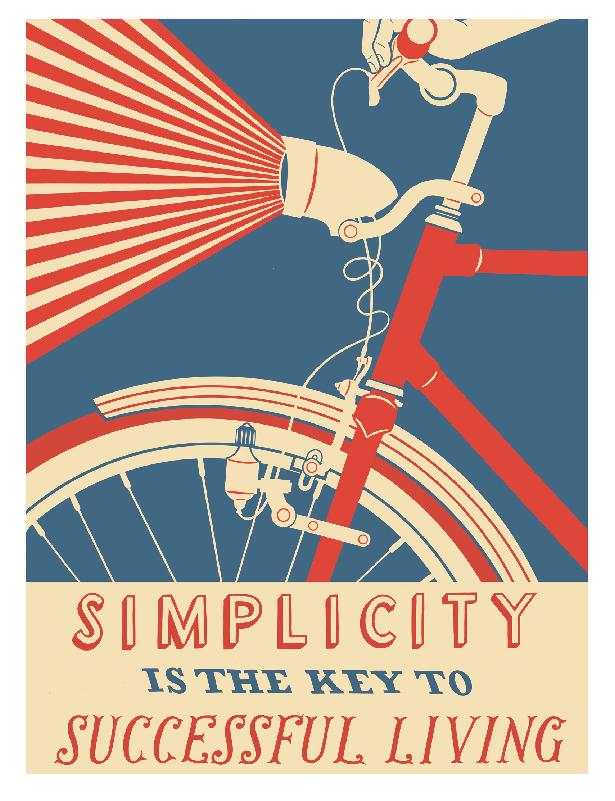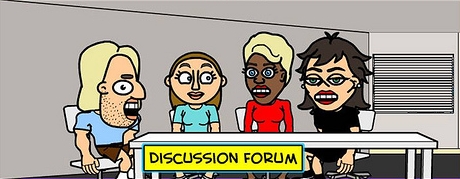In this post we continue with Week 11 of our Decentralised syllabus, chosen by learners. In this lesson I use my favourite episode of Seinfeld to provide a focus to the lesson.
“No soup for you!”. Indeed.
For busy teachers the whole lesson plan is available here.
Background
In previous posts, such as Banned words and quotatives and 35 and Single, I’ve tried to expose learners to as much natural, jungle english as possible. Over the last few months, I’ve found that I haven’t needed to teach a lot of grammar, as vocabulary has become a lot more important.
Moreover, as I only see this group of learners once a week, I’ve found it useful to go over vocabulary and play games to reinforce words or expressions. I’ve found quizlet particularly valuable here, as learners can enter vocabulary there and test themselves. As Nick Bilbrough says in his excellent recent book, Memory Activities for Language Learning,
“There is no learning without
remembering.”
Additionally, as my experiment comes to a close (or pause!) I’ve realised that change in the ELT classroom can be more powerful and long-lasting if it is gradual – evolution not revolution.
 I’ve also learnt that task design is crucial – and the element of task design that I would encourage teachers to bear in mind is building simplicity into your lesson plans, both for yourself and for your learners.
I’ve also learnt that task design is crucial – and the element of task design that I would encourage teachers to bear in mind is building simplicity into your lesson plans, both for yourself and for your learners.
I believe much language teaching is unnecessarily complex, both in terms of materials, approach and delivery. We should be aiming to encourage complexity and sophistication in the language produced by learners, not in the materials or methodology.
I’ve seen more language ’emerge’ with simple, bare-bones activities and find that building in simplicity is a constant battle with myself!
The Lesson
Before the lesson I copied and stuck the following news articles to the walls of the classroom:
How the Hum of a Coffee Shop can boost creativity
Coffee Shop Owner Kicks Out Messy Children, Receives Praise, Criticism
No Strollers, No Music, No Sugar: Berlin Café Under Fire for Über-Purist Stance
Coffee bar owner sparks row by banning pushchairs
Why Airline Crews Skip The Coffee And Tea On Board
Pre-Text
1) I asked the class: What do you drink first thing in the morning? Are you a tea person, a coffee person – or something else?
This led to a short discussion with one person only ever drinking water throughout the day, another learner pressing orange juice and so on.
Follow-up question: How do people behave when they don’t get enough sleep, or don’t have their morning cup of coffee or cigarette? Do you know anyone like this?
2) Say: We’re going to watch a man who has a really bad temper – what makes him angry? While watching, write down 3 things that make him angry.
In-text
Watch ‘The Soup Nazi’ (above).
Go over the things that make the Soup Nazi angry.
Post-text
3) Give out transcription of the video available here. Ask learners to look at the text, then ask them if they have any questions.
Here are things learners might/ might not have noticed. Point out the following features in the text:
Elaine is in the mood for a cheesburger, what else can you be in the mood for? Love, obviously!
What does it mean to rave about something? To say repeatedly that something is really good.
What happens when your knees buckle? You fall over
How many times do they use the discourse markers Right, or All right? 7 times, by my counting.
Are there any American discourse markers? Boy – used to express a strong emotion, often admiration or excitement.
The verbs refer to someone as, embellish on and to live under (a regime). Can we change the prepositions here – why/ why not? They’re all dependent prepositions – they always go with these verbs.
*Optional extension – there’s a lesson on dependent prepositions from the excellent teflgeek blog, pdf available here
4) Ask the learners to go around the room and read the news articles (15 minutes). They should write down any unknown words or phrases on slips of paper or in their notebooks.
5) Explain the unknown words the learners have chosen.
Extension Task: discussion
The origin of discuss is originally from the Latin discutere ‘to dash to pieces, agitate or shake’ and then later ‘to examine, investigate’. Previously I wrote about having discussions in class, and how they often don’t work. But it’s always puzzled me why.
I think that one of the problems is turn-taking, often where one or two learners tend to dominate and won’t give up the floor. Another problem is that the discussion isn’t really about an exchange of views but a series of monologues. Of course, this happens when native speakers discuss things too, but I try to avoid the situation where people feel shut out of a discussion or are just plain bored in class.
So I was really happy to come across a blog post called turn-taking: whose turn is it anyway? by Inara Couto. In this post Inara states that turn-taking skills are teachable, taking inspiration from Leo Van Lier’s (1988) concept of conversational turn-taking as a game.
The activity involves two group of people from two planets, Planet Blue (Blurians) and Planet Purple (Purpurians). As you might imagine, the Blurians talk non-stop while the Purpurians speak quietly and never interrupt!
6) Give out Planet Blue cards and Planet Purple cards from Inara Couto’s blog.
7) Learners discuss whether it’s right to ban mothers with pushchairs from cafes, but as Blurians and Purpurians (2-5 minutes for my group, but you might do more – or choose another subject for discussion)
8) After the discussion, ask the questions:
What were the characteristics of the other group?
How did you feel during the discussion?
How could you reduce the problems between the two groups? The answers my learners came up with were to share the rules, to be aware of your own conversation styles and to be more culturally aware or curious. This was an interesting discussion!
How does this relate to real-world communication problems? Have you ever experienced something like this in real life?
9) Run the discussion again but this time normally to see if the learners’ turn-taking improves! (I actually ran out of time here so couldn’t do this stage, better luck next time…)
Reflection on discussion activity
If I was to do this activity again – I would perhaps do it as a stand-alone activity as part of a lesson on cultural awareness. It didn’t really match what we did previously. I would also give the two teams some prompts to talk about e.g. Talk about how your Planet has 45 countries and 24 mega-cities. It’s hard to ask learners to pretend to be aliens and then talk about banning people from coffee shops (D’oh!…)
Also, why not use actual research in the planning and execution of the activity. Give one group ‘Brazil’ turn-taking patterns, and the other group ‘Finland’ – based on real research, giving the learners a brief description of ‘their’ country.
Just some thoughts.
Finally, I must say thanks to Inara for her great activity!
Conclusion
The learners really enjoyed the Seinfeld video, and it made me think about using more comedy videos in class. When we analysed the script, there was just natural language to talk about and the learners weren’t overloaded with grammar. Next time I would do some pronunciation work using this text as I think the intonation patterns would be useful for learners.
There was a lot of vocabulary in the news articles, but the aim of the activity wasn’t reading but to expose the learners to lots of new words. I’ll be testing the learners on this vocab next week.
There was a little embarrassment during the turn-taking exercise but I think these kinds of exercises can be very useful for learners as consciousness-raising tools.
To conclude, this is the last week of ‘teaching’ my 12 week syllabus. Well done me – it’s been exhausting but a great experience!
The next week we evaluate the course and then plan the next one!
A Challenge!?
Is anyone else interested in Decentralising their teaching? It’s easy – if I can do it you can too!
Write me a line if so- I’d be glad to help…here’s a quick guide:
Choose a time period e.g. 12 weeks
Plan your syllabus with learners/ set goals/ clarify objectives
Do it!
Evaluate and Do it Again
p.s. remember – you have nothing to lose but your coursebooks!


One thought on “Week 11 – Turn-taking and the Soup Nazi”